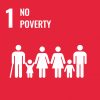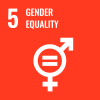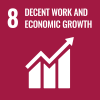Ma’rib, Yemen – Tahani spent most of her life in a small village in western Yemen. Like many women in rural areas, she believed her role was confined to managing the family’s household, with little thought given to earning an income.
“I’ve had to withstand so much deprivation throughout my life, always feeling subordinate and dependent on others to fulfil my needs,” explains the 26-year-old mother. “Fortunately, my life has taken a turn for the better and now I want to help other women improve their lives too.”
In Yemen’s highly conservative culture, women often have limited roles outside their homes. This dependency on men for livelihoods is particularly prevalent in rural areas, where women face significant barriers to economic independence.
For several years, Yemen ranked last on the World Economic Forum’s Global Gender Gap Index, seeing it among one of the most challenging countries for women’s economic participation, political empowerment, and educational attainment. It also stood as second to last out of 177 countries in the 2023 Global Women Peace and Security Index.
Tahani’s perspective shifted dramatically when she married and was compelled to leave her village and family behind due to the country’s decade-long conflict.
“I moved to Dhamar shortly after I got married,” Tahani recalls. “Given the country’s situation and despite my husband’s best efforts, he struggled to find a job. Slowly, our financial situation deteriorated to the point that we had no choice but to leave.”
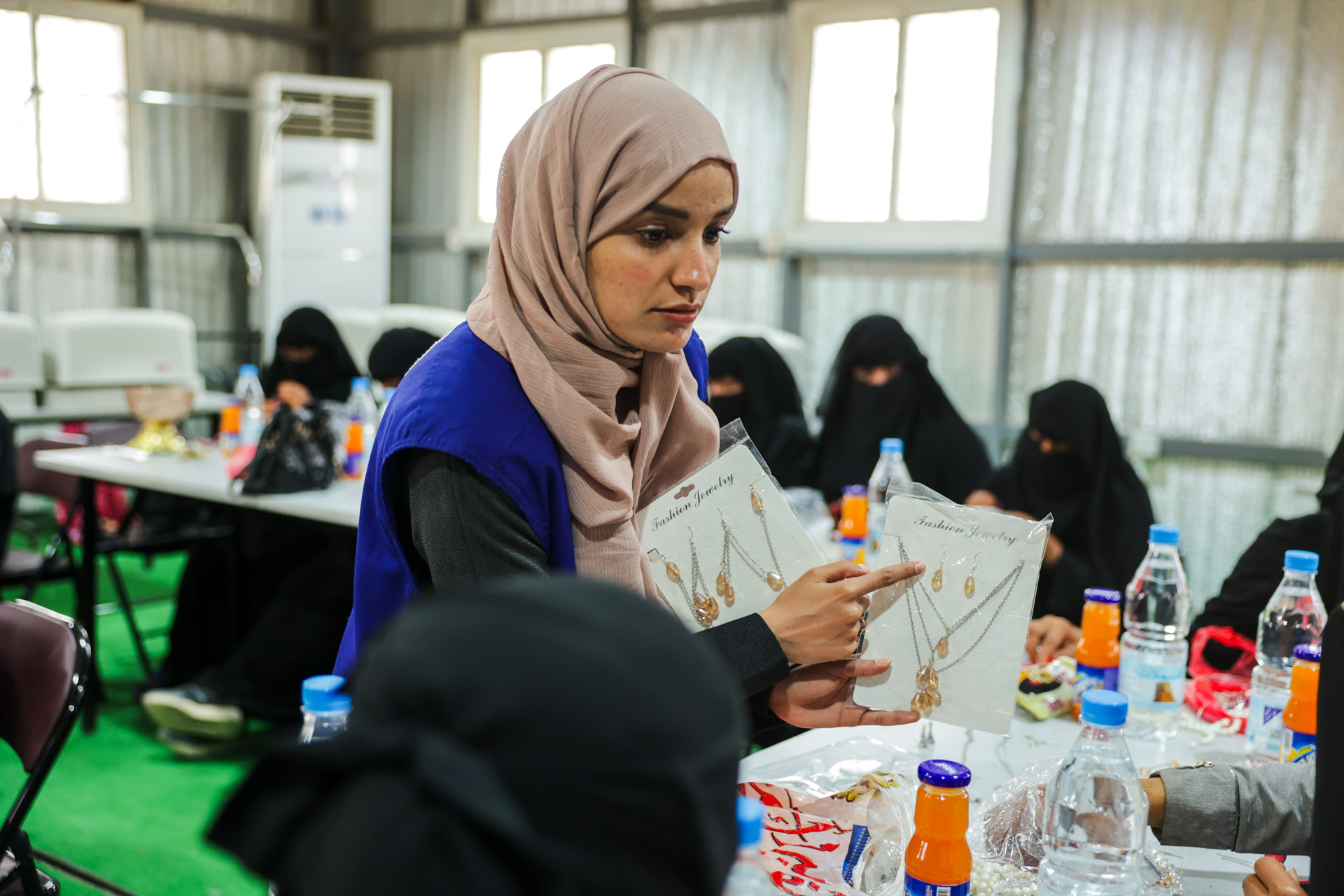


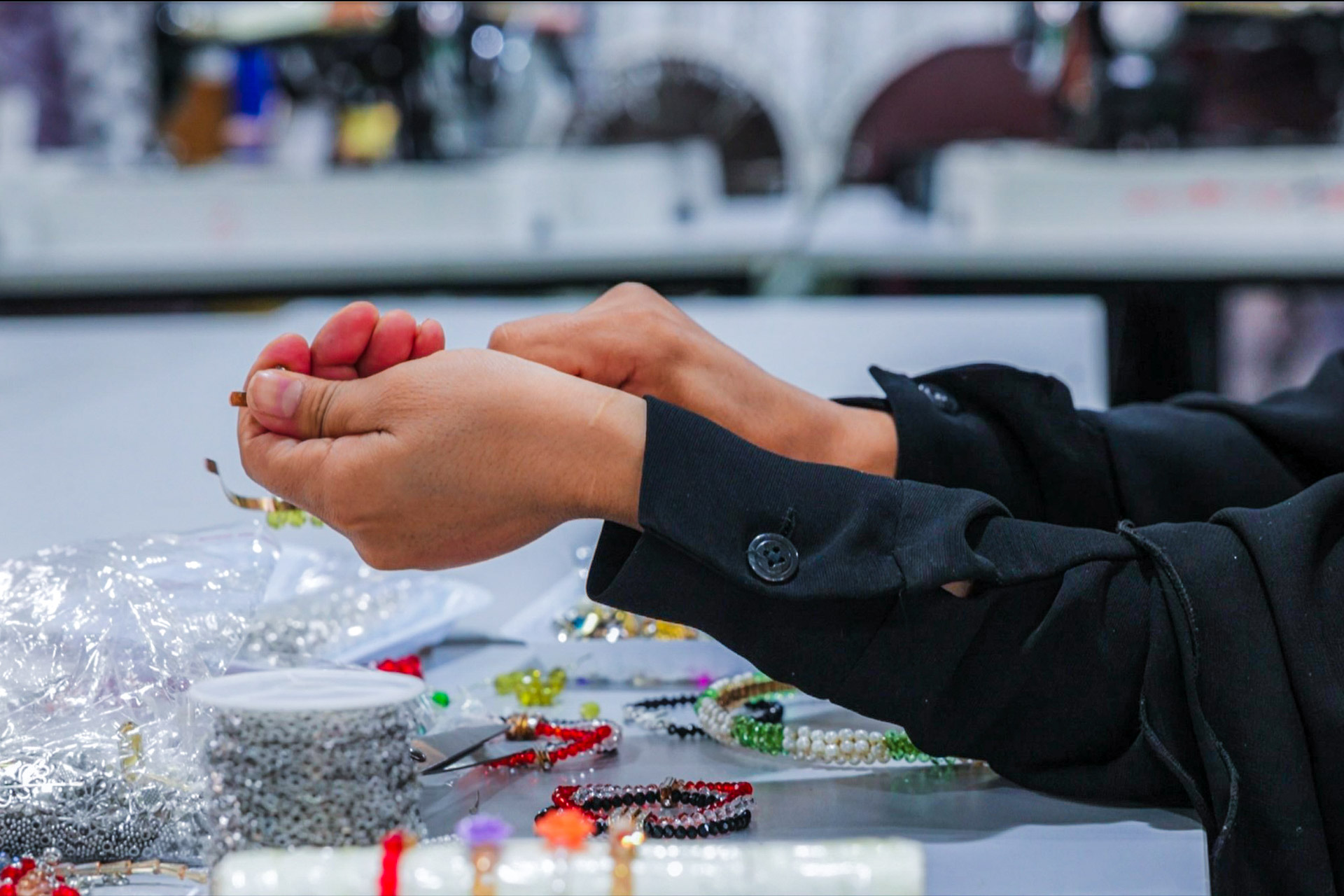
As Tahani delved into the world of sewing and accessory making, she discovered a newfound sense of purpose. Photo: IOM/Haithm Abdulbaqi
The new couple relocated to the Al Motahaf displacement site in Ma’rib, a major city in central Yemen, hoping for better job prospects for the husband.
“When we first arrived in Ma’rib, we stayed with a cousin,” Tahani explains. “They only had two rooms and several families were already living there, so we had to live in a tent on the rooftop for an entire year, enduring extreme weather conditions. Later, we rented a small room, which had minimal air and light.”
Ma’rib city has experienced a large influx of displaced families in the past few years, with more than 65,000 families residing in displacement sites. This surge in displacement has further strained the already crumpling economy and exacerbated the competition over employment opportunities.
Life in Ma’rib was not easy for Tahani and her husband as they grappled with limited income and harsh living conditions, prompting them to return to Dhamar. However, at home, life proved to not be any easier.
“I got pregnant and gave birth to my first daughter. Sadly, she fell ill and the hospitals couldn’t provide the necessary care. She passed away because we couldn’t afford the medical attention she needed,” Tahani says with sorrow.
Her daughter’s death, resulting from a preventable illness, plunged the couple into profound grief and led them to decide to leave Dhamar for good.
For the first time in her life, Tahani felt the full extent of her helplessness and dependence on others.

In the midst of challenges, Shatha finds inspiration in the resilience of women like Tahani. Photo: IOM/Haithm Abdulbaqi
Just like Tahani, Shatha Almerda’s journey was marked by struggle but also by deep-rooted ambition. During her formative years, she faced many obstacles, exacerbated by the war and lack of economic opportunities in her hometown.
“My father struggled to provide for our family since the onset of the conflict,” Shatha recalls. “Once his pharmacy in Al Hodeidah went bankrupt, we had to move to Ta’iz where things were hardly any better.”
Similar to Tahani, Shatha’s family resettled to Ma’rib looking for a way to improve their living conditions. In an attempt to support her family and realize her dream of being a humanitarian worker, Shatha started volunteering for various non-profit organizations.
Presently, Shatha works as a Women Empowerment Project Officer with the International Organization for Migration (IOM) in Ma’rib. Her primary objective is to encourage women’s participation in the surrounding communities through various initiatives.
“Working in the humanitarian sector has been a source of inspiration for me,” Shatha reflects. “I have met so many people who have faced tough situations and their stories keep me going despite any challenges I encounter.”


As part of IOM’s support, Tahani also received psychosocial counselling and life skills training. Photo: IOM/Haithm Abdulbaqi
The stories of the two women intertwined when Tahani and her husband decided to give settling in Ma’rib one last try.
Soon after moving, Tahani became pregnant again and gave birth to a baby girl. However, the lack of proper nutrition had made Tahani weak. “The doctors did not allow me to breastfeed my baby since my health was already poor, so being able to afford milk became one more thing to worry about,” Tahani recalls.
The situation changed when Shatha first visited the Al Motahaf displacement site where Tahani lived. Shatha was inspired by Tahani’s resilience, while Tahani was impressed by Shatha’s confidence and kindness. As the two got to know each other, Tahani learned about IOM’s project and expressed interest in learning one of the crafts offered by the training.
IOM has been actively supporting women through various activities in several IOM-managed displacement sites across Yemen, through the Women’s Participation Project. As part of its activities, IOM’s Camp Coordination and Camp Management (CCCM) team conducted training sessions on handmade accessories for 77 women across four sites in Ma’rib, aiming to equip them with income-generating skills.
The team has been working to ensure community participation and inclusion of women and other vulnerable groups in decision-making processes and to guarantee a fair, community-driven response that meets the specific needs of all.

The WPP project, through people like Shatha, seeks to promote gender equality and empower women to actively participate in decision-making processes. Photo: IOM/Haithm Abdulbaqi
The workshop was a turning point for Tahani. She discovered her talent and passion for making accessories and mastered the art of marketing and selling them. Through this experience, she also gained confidence and self-esteem and made new friends.
“In the past, I never had the courage to stand in front of others and speak up,” she explains. “Through the workshop, I learned how to communicate and negotiate with customers, how to effectively present myself and my products, and how to handle feedback and complaints.”
Over time, Tahani began selling her creations at the local market, slowly building a small business for herself. With each stitch and bead, she felt a growing sense of pride and accomplishment that she had never experienced before. Today, Tahani is finally able to earn an income and contribute to her family’s needs.
“I feel proud and happy whenever I see my products being sold and appreciated by people; I finally feel that I have value and a voice in society,” Tahani says. “What Shatha did for me, I want to do for other women.”
The Women's Participation Project in Ma’rib is funded by EU Humanitarian Aid and USAID’s Bureau of Humanitarian Assistance in the framework of IOM’s CCCM activities.
This story was written by Haithm Abdulbaqi, Media and Communications Assistant with IOM Yemen.
